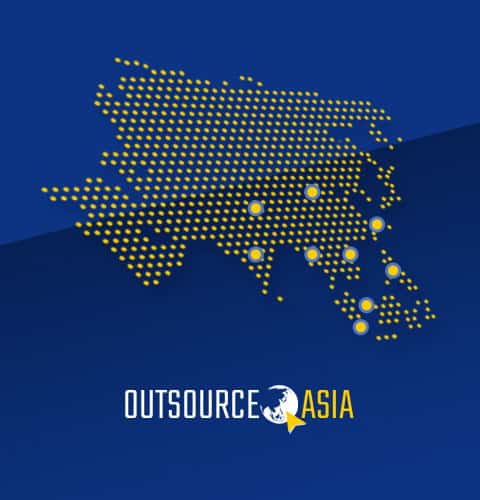
Outsourcing and a Work-From-Home Model – a One Two Punch for Business Success
The COVID-19 pandemic has thrusted outsourcing into the spotlight – rapidly transforming the traditional BPO model and highlighting the advantages of remote work. Outsourcing, which is the contracting of business processes to an external provider, has an expected global market cap of $220 billion in 2020. Simultaneously and prior to the emergence of the global pandemic, there has been a 150% increase in working from home (WFH) arrangements, with 85% of organizations experiencing increased productivity by adopting this flexible workspace policy.
The outsourcing industry has been an integral part of organizations across a wide range of industries taking on such services as crisis management, business continuity, and financial resilience. As the pandemic unfolds, more and more companies are outsourcing non-core functions and/or implementing remote work arrangements for employees.
This provides crucial insight for business owners and executives about the relevance of outsourcing and the future of the global work force in a post COVID-19 world. As organizations navigate through the ‘new normal’, can outsourcing through a work from home model provide agility, real flexibility, and long-term business success?
Considering the prevalence, scale, and application of outsourcing in every industry and company, business owners and executives must consider outsourcing with a WFH model not only as a short-term survival strategy but as a long-term business solution providing improved service delivery, new market opportunities, and boost profits. Here’s how.
- Agent Retention
Shifting to a remote working setup allows employees to experience a more conducive and comfortable working environment and to avoid stress from commute and other expenses. This leads to a more sustainable work-life balance and higher productivity levels. The right outsourcing partner will hire, train, and empower employees who will be a perfect fit for your organizational needs and expectations. - Business Continuity Planning
A business continuity plan (BCP) is a series of strategies for prevention, response, and recovery of business processes, human resources, and business stakeholders in the face of unanticipated challenges and catastrophes. An established outsourcing provider provides customized plans and recovery solutions to ensure that the remote workforce can accomplish their tasks amidst any unexpected business disruption. - Productivity
Outsourcing complements a WFH model by enabling organizations to add remote workers with varying expertise and work experience without worrying about overhead cost and workplace limitations. This allows employees to focus energy and resources in prompt completion and high-quality delivery of important projects. - Cost-Effectiveness
In the past, outsourcing was used as a cost reduction strategy but later accepted as best value for money in terms of achieving optimal business efficiency and client requirements. Combining the outsourcing of non-core business functions along with a WFH model ensures that companies can best meet their business needs while saving on overhead expenses. - Scalability
When it comes to demand spikes, an outsourced WFH hybrid model will provide extra hands to get the job done without taking the existing team’s attention away from their regular daily activities. With efficient WFH expectations in place, a remote workforce can collaborate seamlessly to finish urgent tasks at hand.
Outsource Asia: Navigate the Work From Home Model
Outsource Asia provides outsourcing insight and solutions to allow your organization to completely transform the way you do business. If you want to know more about outsourcing in Asia, you can help you achieve greater organizational goals and reach out through our channels.



